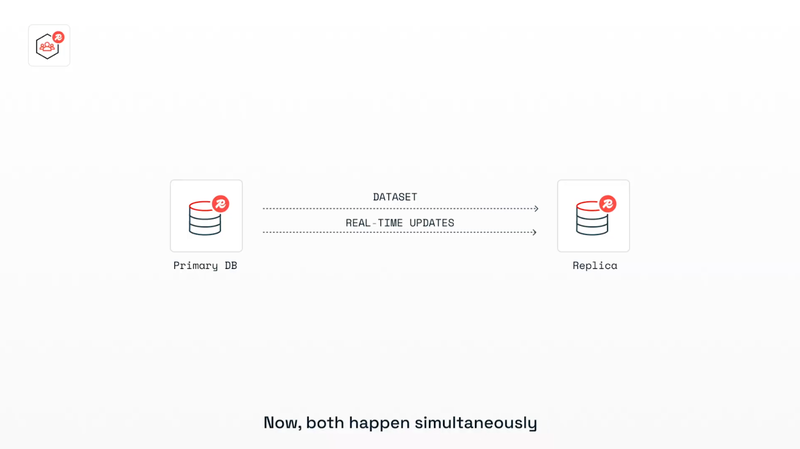
Redis, the company behind the eponymous and widely acclaimed database, has announced its return to an open-source license. Beginning with Redis 8, the source code will be made available under the GNU AGPL—one of the most stringent licenses recognized by the Open Source Initiative. This move is an attempt to repair the rift caused by last year’s controversial shift to the Server Side Public License (SSPL), which the broader community did not accept as truly open source.
Redis CEO Rowan Trollope acknowledged that the company’s expectations had not been met: despite their hopes, the community did not embrace SSPL. They had anticipated the license would be seen as a reasonable compromise and that OSI might reconsider its stance. That did not come to pass, prompting Redis to take a step back—though not a full retreat.
Historically, Redis was distributed under the BSD license—an extremely permissive model allowing unrestricted use, including for commercial purposes, without any obligation to disclose code. But in March 2023, the company abruptly pivoted to a model of “conditional openness,” adopting the SSPL and its own Redis Source Available License (RSAL). In effect, this curtailed the ability of cloud providers to use Redis freely without entering into a commercial agreement.
Now, Redis is offering AGPL, and the terms remain similar: if a cloud provider wishes to incorporate Redis into a paid service, they must either release their own source code or negotiate a commercial arrangement with Redis Inc. While this still dissatisfies parts of the community, Trollope argues it is preferable to a blanket prohibition. He emphasizes that the new model safeguards Redis from tech giants such as Amazon and Google, who previously integrated Redis into their cloud offerings without involving the original developers. Microsoft, he notes, has already entered into a licensing agreement with Redis.
Meanwhile, a segment of the community has already moved on. Following Redis’s adoption of the SSPL in 2023, a fork called Valkey emerged, now maintained by the Linux Foundation. This alternative has continued development starting from version 7.2.4 and is supported by industry heavyweights including AWS, Google, Ericsson, and Oracle. The recently released Valkey 8.1 introduced performance improvements and reduced memory consumption.
Redis’s return to openness coincides with the return of project founder Salvatore Sanfilippo, who left the company in 2020. In addition to the licensing change, Redis 8 will introduce support for “vector sets”—a data type beneficial for artificial intelligence workloads and embedding-based search.
Nevertheless, skepticism lingers even among open-source advocates. Percona co-founder Peter Zaitsev described AGPL as a “halfway solution,” noting that while it is an improvement over SSPL, it remains one of the most restrictive open-source licenses. For certain projects, he added, its conditions may still prove untenable.
Thus, Redis is once again open source—but with caveats.


